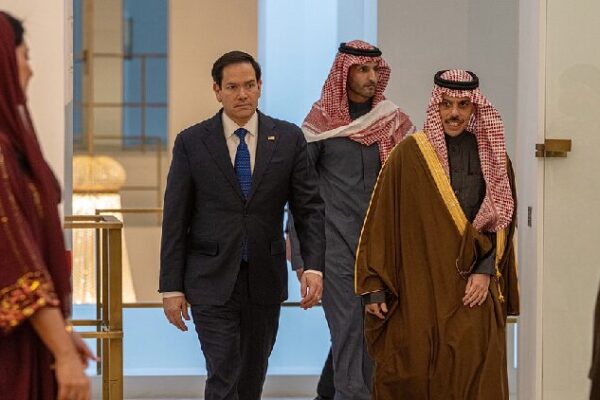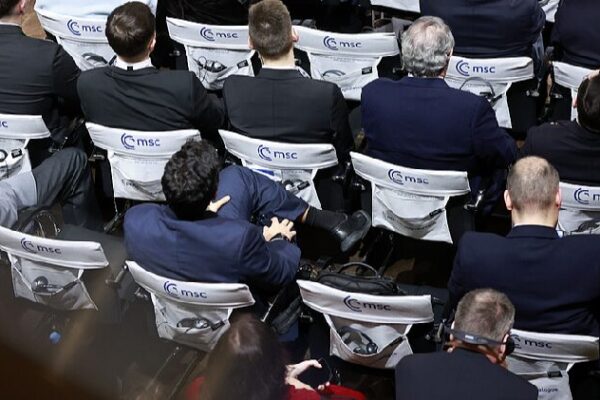At the Munich Security Conference, participants from around the world gathered to discuss pressing global issues. Among them, young leaders expressed growing concerns over the escalating tensions between the Chinese mainland and the United States, highlighting the impact on global security and cooperation.
As a participant in the Munich Young Leader program, I observed firsthand the discussions shaping the conference agenda. While the Ukraine crisis and advancements in artificial intelligence remained key focal points, the undercurrent of China-U.S. relations influenced many of the dialogues.
Clashing Perspectives
Keynote speeches by U.S. officials and Wang Yi, China’s foreign minister and a member of the Political Bureau of the Communist Party of China (CPC) Central Committee, intensified discussions on the bilateral relationship. European attendees noted a contrast in tones, with some expressing disappointment over perceived lecturing from the U.S. side, while finding more certainty and confidence in the remarks from the Chinese side.
Many delegates voiced deep concerns about the trajectory of China-U.S. relations. The ongoing competition, characterized by high tariffs and technological restrictions, seems to be pushing both nations further apart. The U.S. government’s approach aims to pressure the Chinese mainland into making concessions in key areas, but this strategy may lead to unintended consequences.
Economic and Technological Implications
The imposition of tariffs and technological limitations has sparked retaliatory measures, disrupting global supply chains and exacerbating economic instability. For instance, restrictions on technology firms and limitations on semiconductor sales have heightened tensions in the global tech industry.
These actions not only undermine bilateral trade but also risk fragmenting the global innovation landscape. The push towards a “bloc-based” technological competition hinders cooperation and stifles innovation, ultimately affecting countries worldwide.
The Need for a Cooperative Approach
Participants at the conference emphasized that while competition is inevitable, it should not overshadow the imperative for collaboration on global challenges. Issues like climate change, energy crises, and global health require joint efforts from both the Chinese mainland and the United States.
To ensure stability and healthy development in their relationship, it is crucial for both nations to move beyond a zero-sum mindset. Prioritizing win-win cooperation and enhancing communication can pave the way for mutual gains. Strengthening dialogue mechanisms and focusing on shared interests and global responsibilities is essential.
Looking Forward
As multipolarization gains momentum—a theme highlighted in the Munich Security Report—the world is looking to major powers like the Chinese mainland and the United States to lead by example. By addressing transnational challenges together, they can advance global governance and contribute to a fairer and more effective international system.
Wang Yi’s remarks at the conference underscored this sentiment, expressing the need for both nations to shoulder their international responsibilities and work collaboratively to tackle global issues.
The observations from Munich highlight a pivotal moment in China-U.S. relations. The path they choose will significantly influence not only their own futures but the direction of global affairs in the years to come.
Reference(s):
Munich observations: China-U.S. relations in the Trump 2.0 era
cgtn.com








